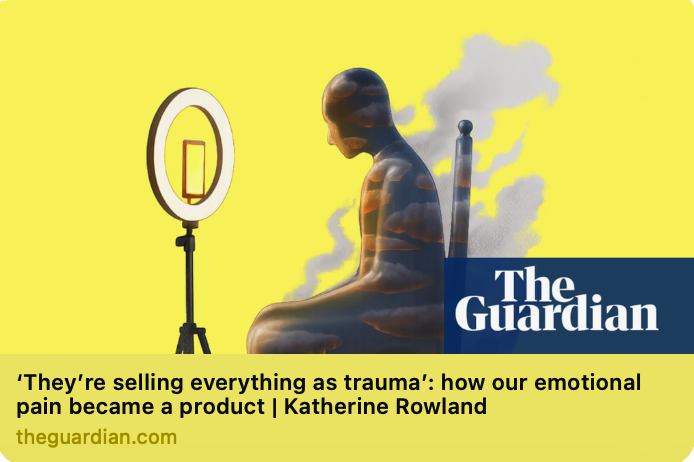What type of abuse can be psychologically damaging?
- Antonieta Contreras

- Aug 4, 2020
- 2 min read

All types of abuse are damaging. It’s like questioning what type of stabbing can be damaging.
Of course, the abuse may affect differently to different people depending on many factors, like resilience, level of exposure, type of response, cruelty, length, intimidation, etc., similar to be stabbed in the heart vs a leg. It also depends on the schemas that the person carries; if a person, for example, carries the schema that the “abuse” is “what I deserve,” ironically, it may be less damaging than to someone with the opposite schema “I don’t deserve this.” The belief that “I don’t deserve better” may be a protection to get hurt: the acceptance of the circumstances would create less internal conflict to the person and therefore, will have fewer repercussions. The problem here is that the person was already emotionally weakened as in feeling unworthy of respect and care, and therefore, abuse will reinforce that feeling of unworthiness.
If a person, on the other hand, fights back and resist to the abuse demanding it to stop, it will either generate worse abuse, or will create resentment, which is debilitating psychologically as well. Or it could push the person to make decisions that may jeopardize his/her stability and the stability of others.
There are many different ways to abuse a person that are not necessarily identifiable as such by others, like neglecting a child that depends on an adult to survive and thrive; taking advantage of someone’s trust is also abuse, which could include hypocrisy, lying, or using a person to obtain benefits of any type; corruption is another that drains the respect to authority and therefore to the community the person belongs, etc.
Abuse generates either a passive response, or an active one. The passive response has a bigger effect on self-esteem while the active response affects behavior and self-concept more evidently.
The typical ways of abuse and the psychological damages are:
Physical abuse: dissociating from pain, disconnecting from body sensations, numbing, aggressivity, addictions
Sexual abuse: feeling like an object, programming sexual pleasure as twisted, feelings of unworthiness, dissociation, splitting, shame, promiscuity, physical pain, phobias, shame and guilt
Emotional or psychological abuse: self-esteem issues, loss of sense-of-self, broken, confusion, need to control, obsessiveness, impulsivity, lack of trust, depression and anxiety, judgementalism, need to fit-in, etc.
Neglect: fear of not surviving, feeling small, unworthy, unlovable, disposable, unattached, avoidant, lack of trust, neediness, lack of positive affect, insecurity
Abandonment: lonely, unworthy, unlovable, rejected, neediness, fear, inadequacy, paranoia, somatosensory problems
Financial abuse: betrayed, disappointed, stupid, mistrusting, resentful, hyperfocused, feelings of deprivation, extra-ambitious
Self-neglect.
There is no way that a person that was abused is not psychologically damaged. At some point, the damage will become more evident even of at the beginning the person copes well. Unless the abuse if identified and processed, it will remain in the system as a psychological wound.



Comments